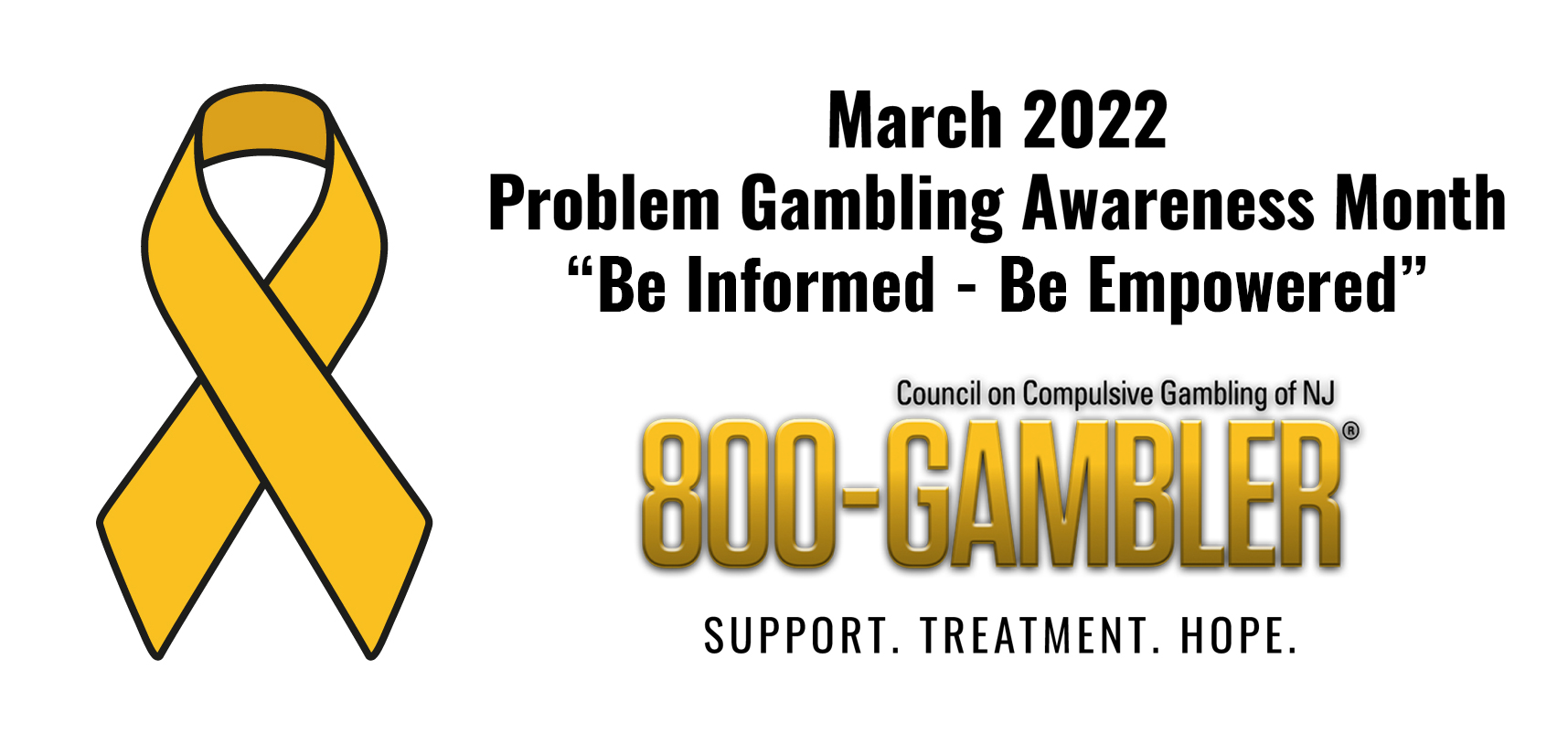BD Help Zone
Your go-to source for insightful news and information.
Chips, Laughs, and Limits: The Smart Gambler's Playbook
Unlock winning strategies with Chips, Laughs, and Limits! Discover the savvy gamer's playbook for thrilling bets and big laughs today!
Understanding the Odds: How to Calculate Your Chances in Gambling
Understanding the odds in gambling is essential for anyone looking to improve their chances of winning. Each game has its own set of probabilities that dictate how likely you are to win or lose. For instance, in a game of dice, there are 36 possible outcomes when rolling two six-sided dice. If you're betting on a specific outcome, you can calculate your chances by taking the number of favorable outcomes and dividing it by the total number of possible outcomes. Knowing these calculations can give you an edge when placing your bets.
To make it easier to grasp the concept of calculating your chances, consider using an example of a common gambling scenario, such as a roulette wheel. If you're betting on red or black, there are 18 red slots and 18 black slots on a standard wheel, along with a few green slots for the 0. This gives you a total of 38 slots to calculate your chances. Therefore, your odds of winning when betting on red or black are approximately 18 out of 38, or about 47.37%. Understanding these basics helps you make more informed choices and enhances your overall gambling experience.

Counter-Strike is a popular first-person shooter game that pits terrorists against counter-terrorists in various objective-based modes. Players can enhance their gameplay experience by utilizing various tools and strategies, just as one might use a shuffle promo code to gain advantages in other gaming scenarios.
The Psychology of Gambling: Why We Bet and How to Stay in Control
The psychology of gambling is a complex interplay of emotions, cognitive biases, and social influences that drives individuals to place bets. One of the primary factors is the thrill of uncertainty; people naturally seek out excitement, and the unpredictable nature of gambling provides an adrenaline rush that can be addictive. Why we bet often ties into various psychological triggers, such as the illusion of control, where gamblers believe they can influence outcomes through skill or strategies. This belief can lead to a cycle of repeated betting, even when faced with significant losses.
Staying in control while engaging in gambling activities is essential for preventing the negative consequences that can arise from compulsive behavior. Here are some effective strategies to maintain a healthy relationship with gambling:
- Set Limits: Establish a budget and stick to it to avoid overspending.
- Take Breaks: Regular breaks can help clear your mind and prevent impulsive decisions.
- Seek Support: If gambling begins to interfere with your life, consider reaching out to support groups or professional counseling.
Top Tips for Managing Your Bankroll: How to Maximize Fun and Minimize Losses
Managing your bankroll effectively is crucial for maximizing fun and minimizing losses in any gambling or gaming scenario. Start by setting a budget that aligns with your personal finances; only allocate what you can afford to lose. Consider breaking down your bankroll into smaller session amounts to control your spending over time. For example, if you have a total bankroll of $500, you might decide to play with $50 each session. This approach helps you enjoy the thrill without risking your entire bankroll in one go.
Additionally, tracking your spending and wins is essential in maintaining a healthy bankroll. Keep a detailed log of your transactions, noting down amounts wagered, won, and lost. This transparency will give you a clearer picture of your performance and help you adjust your strategies. Furthermore, it’s advised to establish stop-loss and profit goals: set a limit for losses where you will walk away and a target profit that, once reached, earns you a break. By adhering to these guidelines, you can maximize your enjoyment while minimizing financial setbacks.